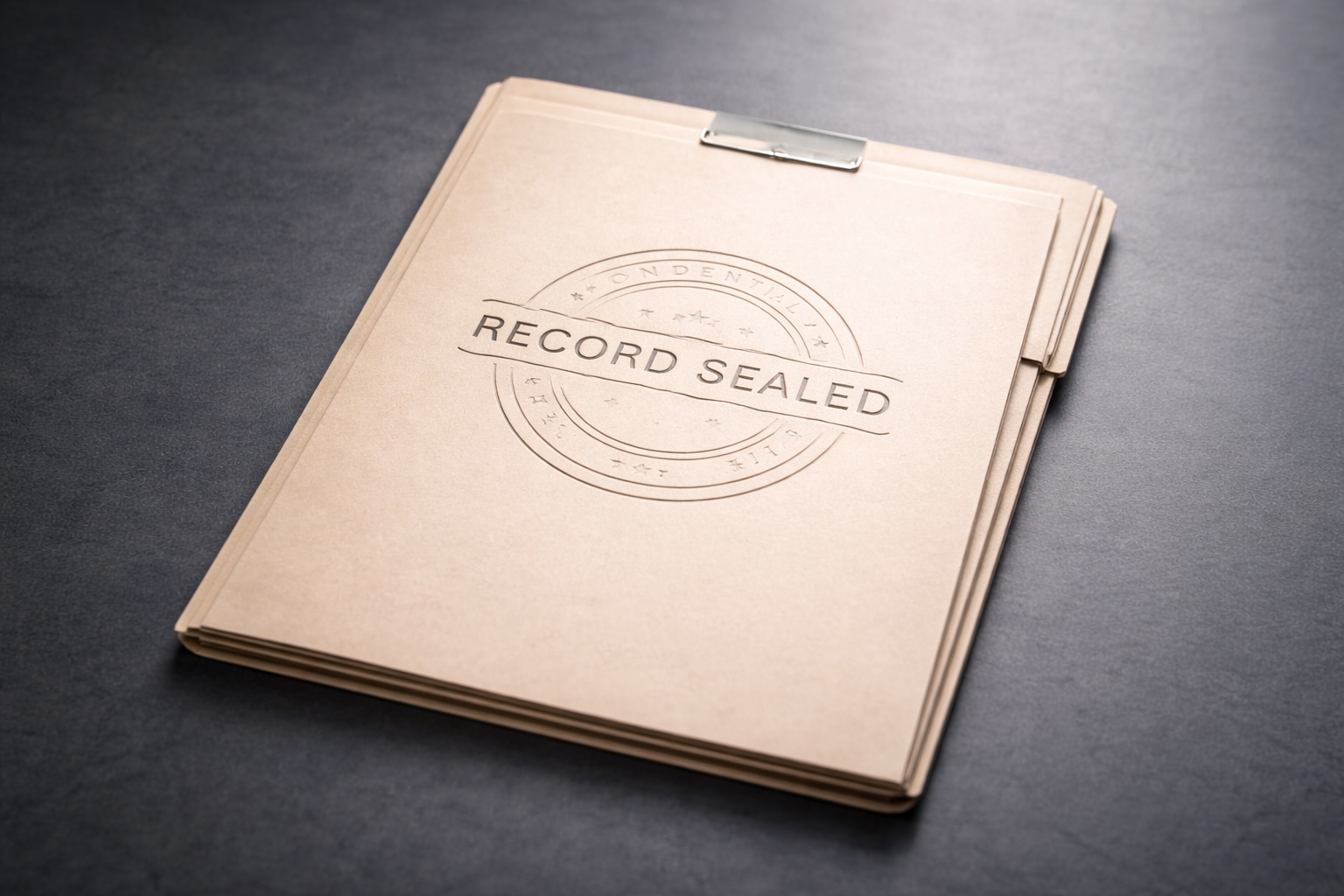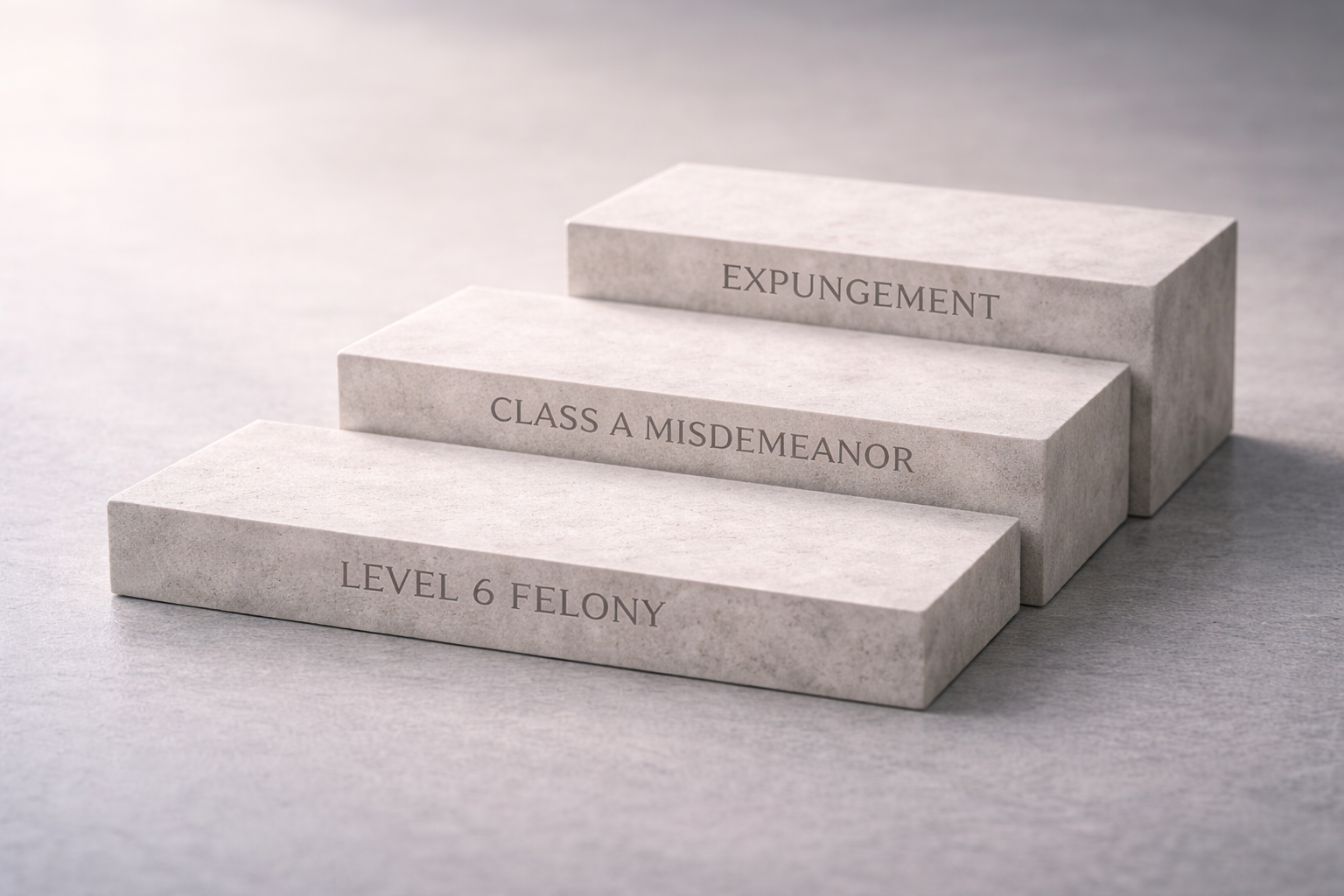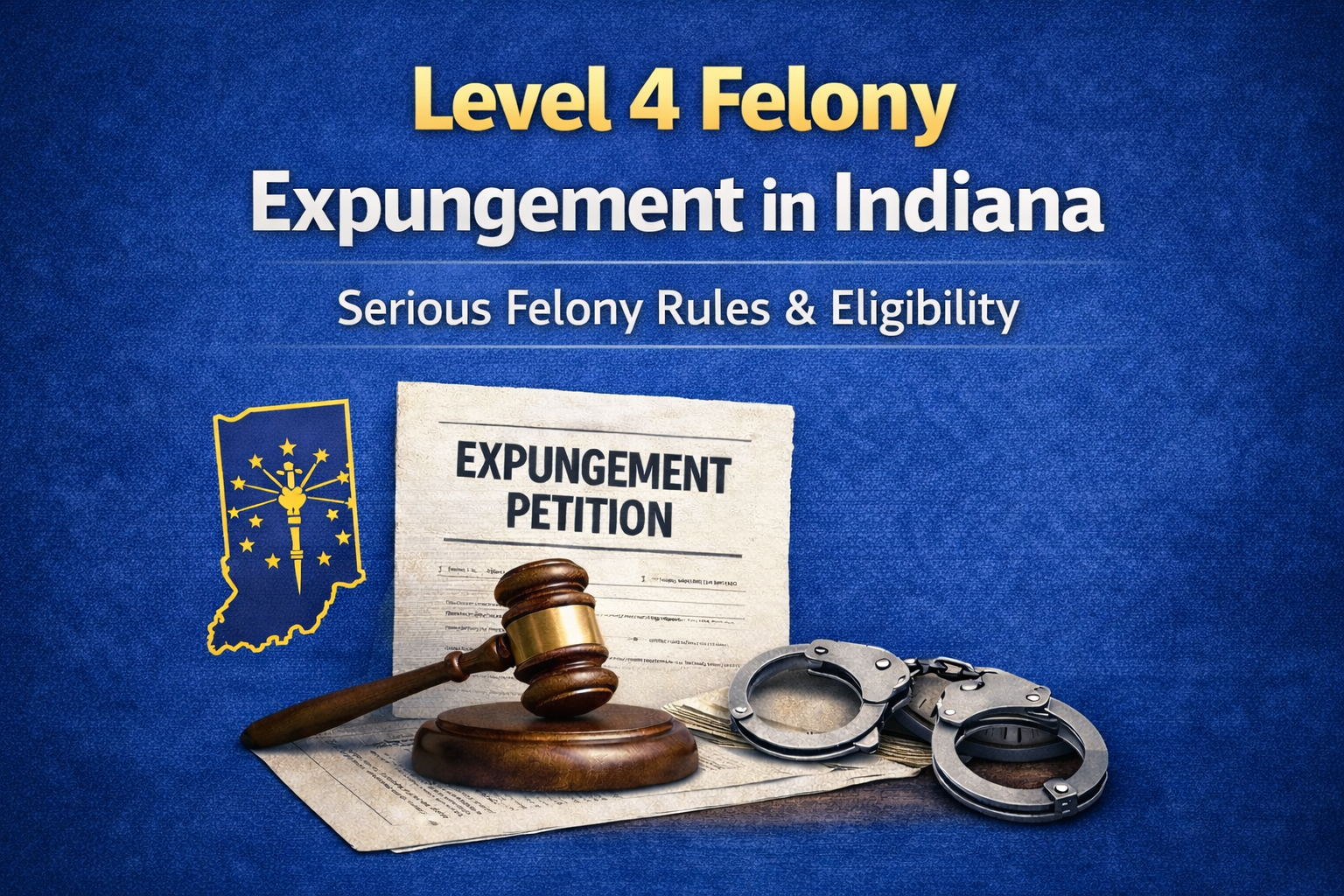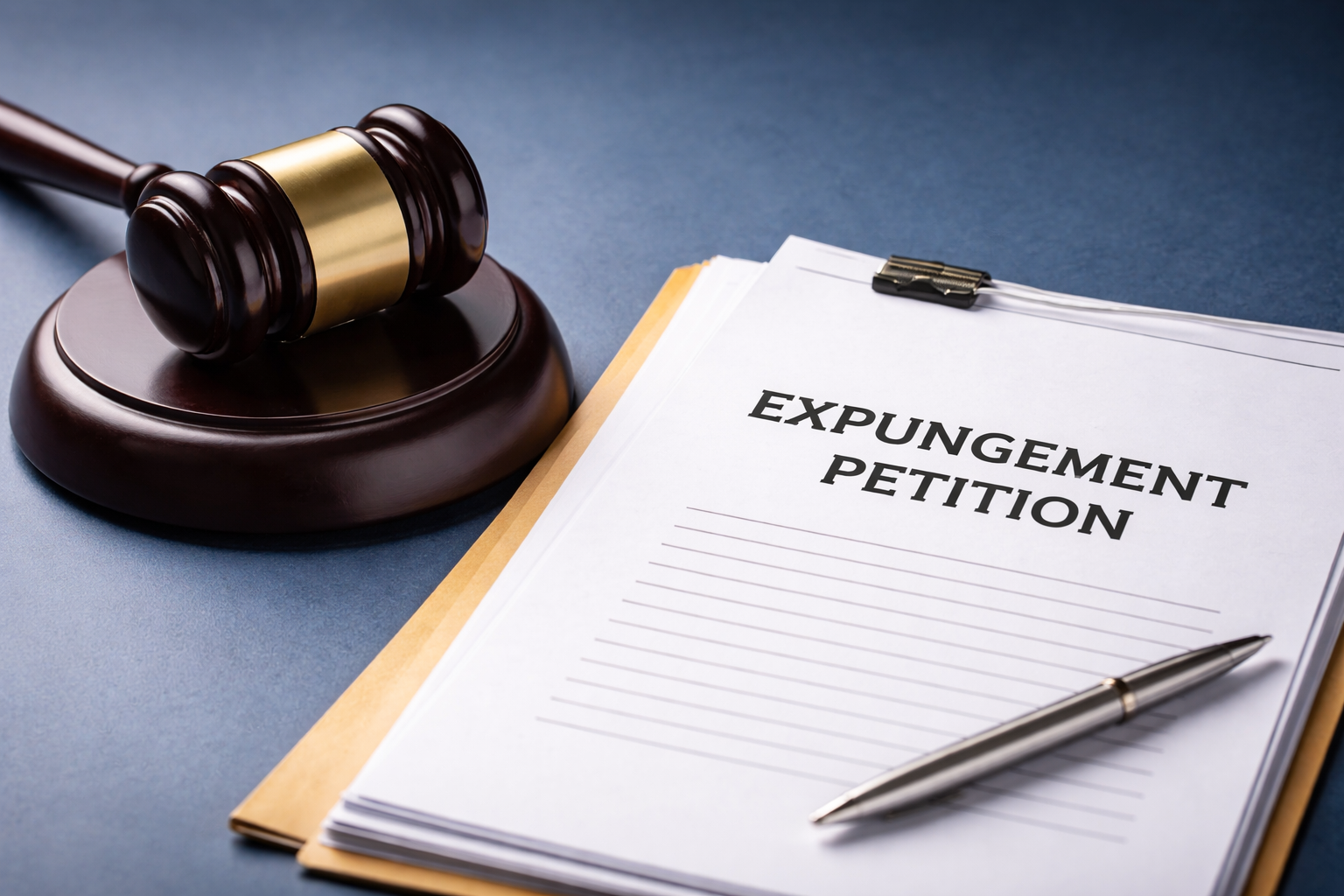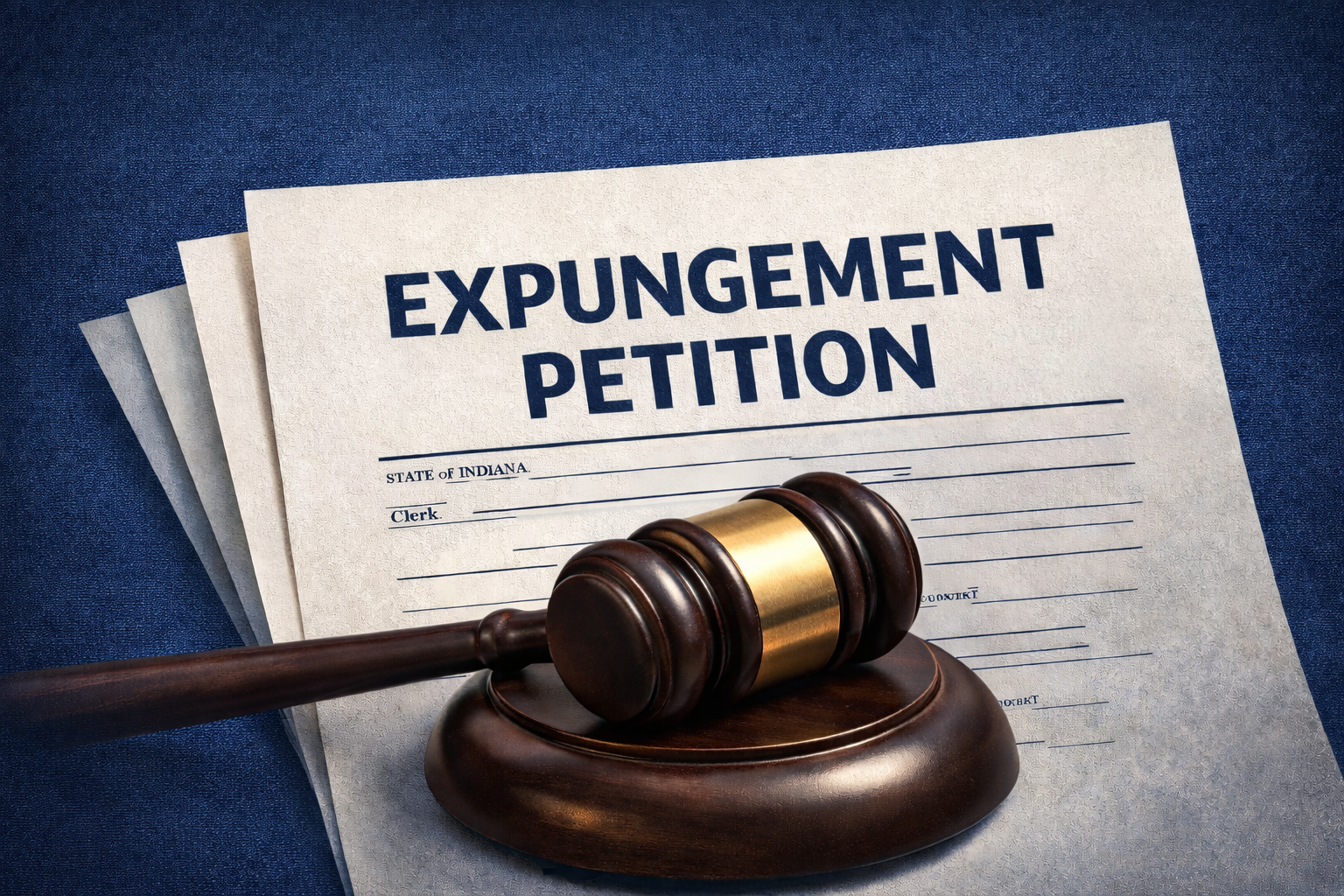Does a Dismissed Case Stay on Your Record in Indiana?
Many people believe that once a criminal case is dismissed, it vanishes from their record. However, in Indiana, even dismissed charges can still appear on background checks, potentially affecting employment, housing, and other opportunities. If you've been arrested in Indiana and your case was dismissed, you may need to take further action to clear your record.
The Importance of Expungement for a Dismissed Case
Having your case dismissed is a relief, but it does not mean your record is automatically clean. Expungement is the legal process that ensures your dismissed case does not appear in background checks or public records. An experienced Indiana criminal lawyer can:
Evaluate your eligibility for expungement.
Prepare and file the necessary legal documents.
Represent you in court if required.
Ensure that your record is completely sealed from public view.
Taking proactive steps toward expungement can prevent future obstacles in employment, housing, and other critical areas of life.
What Happens to Your Record After a Case Is Dismissed?
Even if your charges are dropped or dismissed, the arrest record does not automatically disappear. Indiana law allows public access to certain criminal records, including dismissed cases. This means employers, landlords, and licensing boards may still see the arrest when conducting a background check.
How Can You Remove a Dismissed Case from Your Record?
The good news is that Indiana law provides a way to clear dismissed cases from your record through expungement. Under Indiana Code 35-38-9, you may be eligible to have your arrest and court records sealed if your case was dismissed or resulted in an acquittal.
To file for expungement, you must:
Ensure at least one year has passed since the dismissal.
Submit an official petition to the court in the county where the charges were filed.
Provide supporting documentation proving eligibility.
Pay any applicable court fees.
An experienced Indiana criminal lawyer can guide you through this process to ensure it is completed correctly and efficiently.
The Expungement Process for a Dismissed Case in Indiana
Having your case dismissed does not mean it disappears from your record. Expungement is the legal solution that ensures a dismissed case does not appear on background checks or public records. Here’s what you need to know about clearing your record:
1. Determine Your Eligibility
Under Indiana Code 35-38-9, individuals with dismissed cases can file for expungement one year after the dismissal date. Consulting an Indiana expungement attorney can confirm your eligibility.
2. File a Petition for Expungement
To begin the process, you must submit a petition for expungement in the county where the case was originally filed. This petition includes:
Case details and dismissal confirmation
Supporting documents
Court fees (if applicable)
3. Court Review and Approval
Once filed, a judge will review your petition. If no objections arise, the court will grant an order sealing the dismissed case from public view. An attorney ensures all paperwork is properly completed to avoid delays.
4. Effect of Expungement
Once approved, the dismissed case will no longer appear on background checks or public court databases. This can improve employment, housing, and professional licensing opportunities.
Expungement can be a complex legal process, but with the right legal guidance, you can clear your record and move forward without the burden of a past arrest.
Next Steps: Expunging Your Record
If you were arrested in Indiana and your case was dismissed, don’t assume it’s behind you. A dismissed case can still appear on background checks, affecting your life in unexpected ways. To ensure your record is clear and to prevent any future issues, consult with an experienced Indiana criminal lawyer.
Take Action Today
Don’t let a dismissed case affect your future. Contact Vining Legal today to discuss your options for expungement and legal representation. Call or text (317) 759-3225 or schedule a consultation online.


